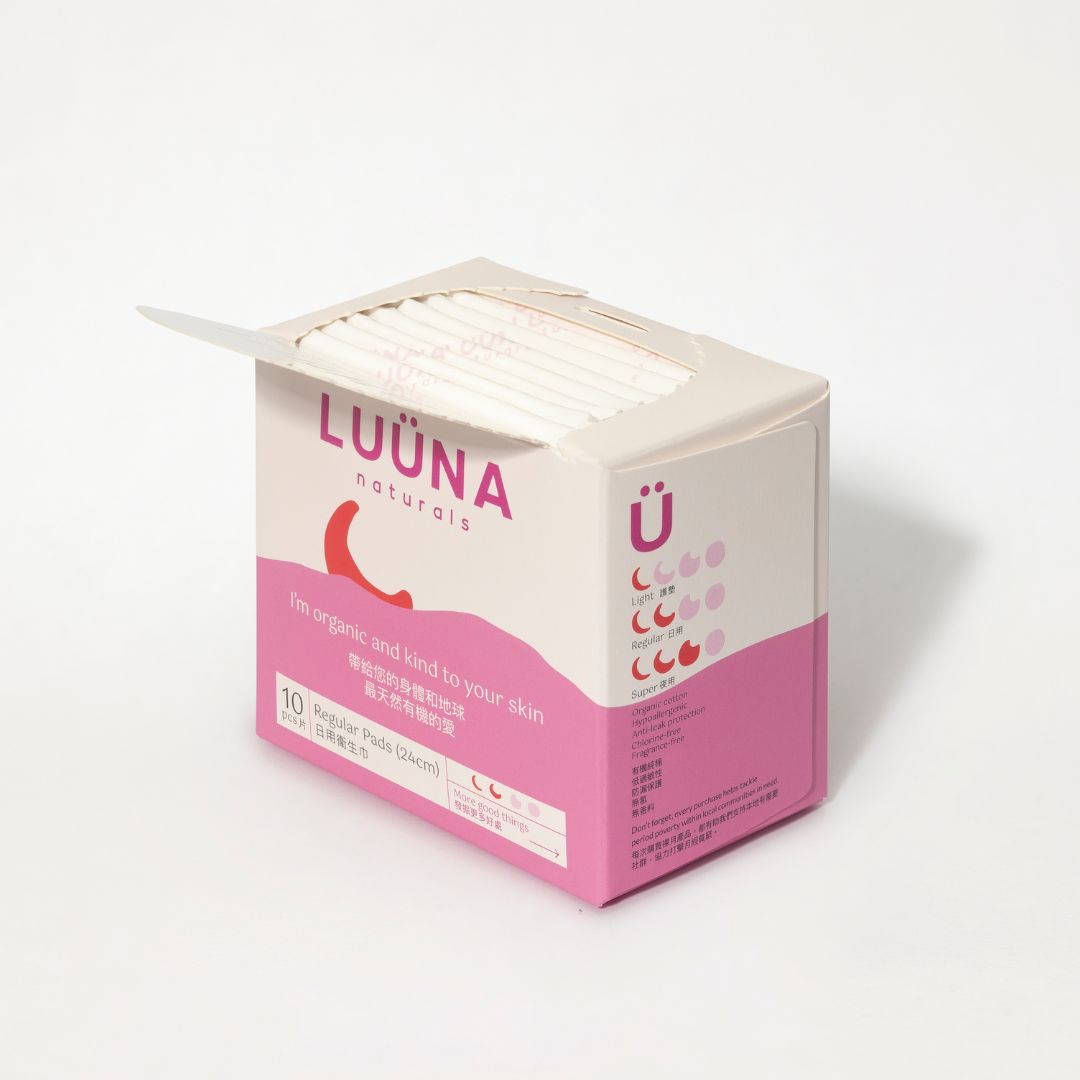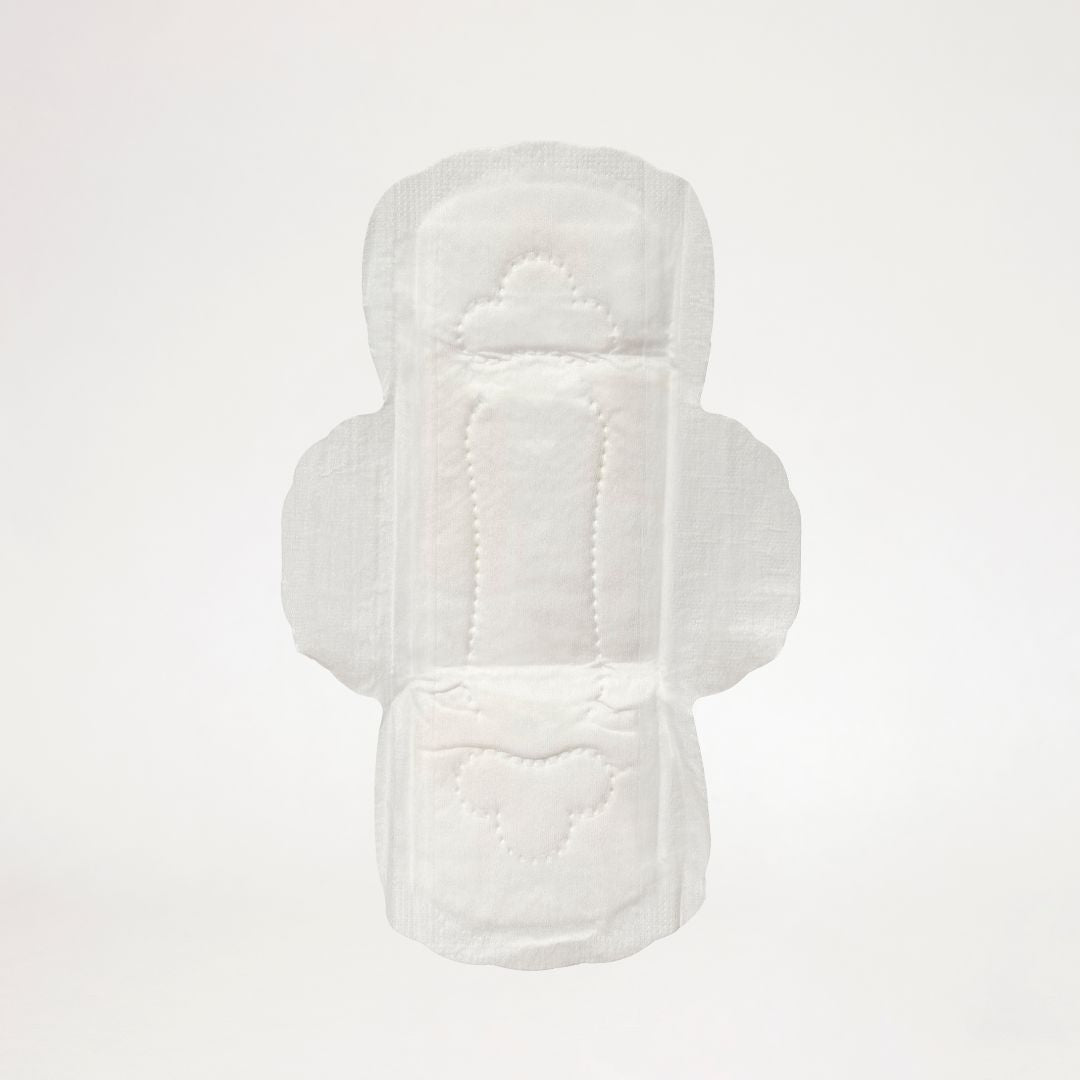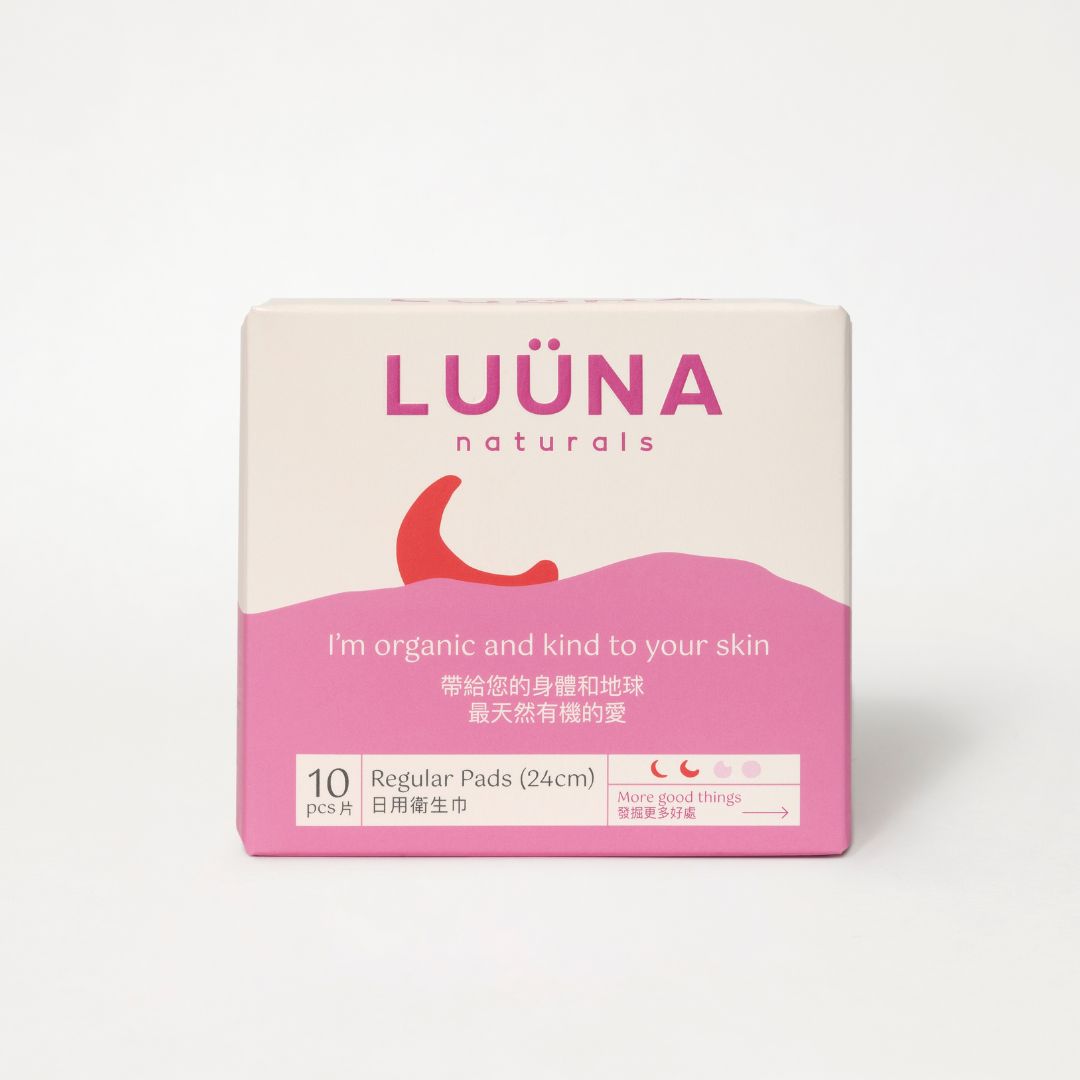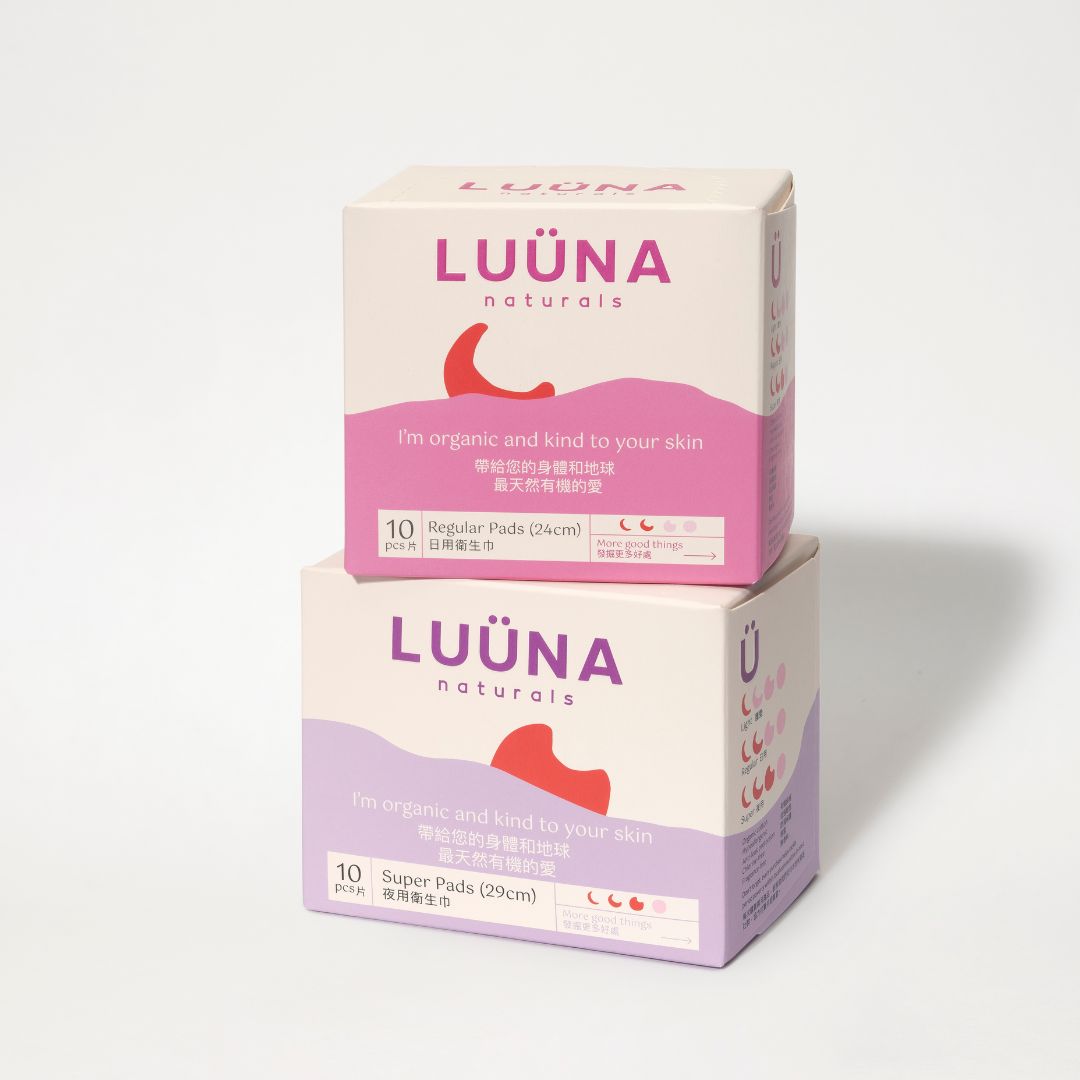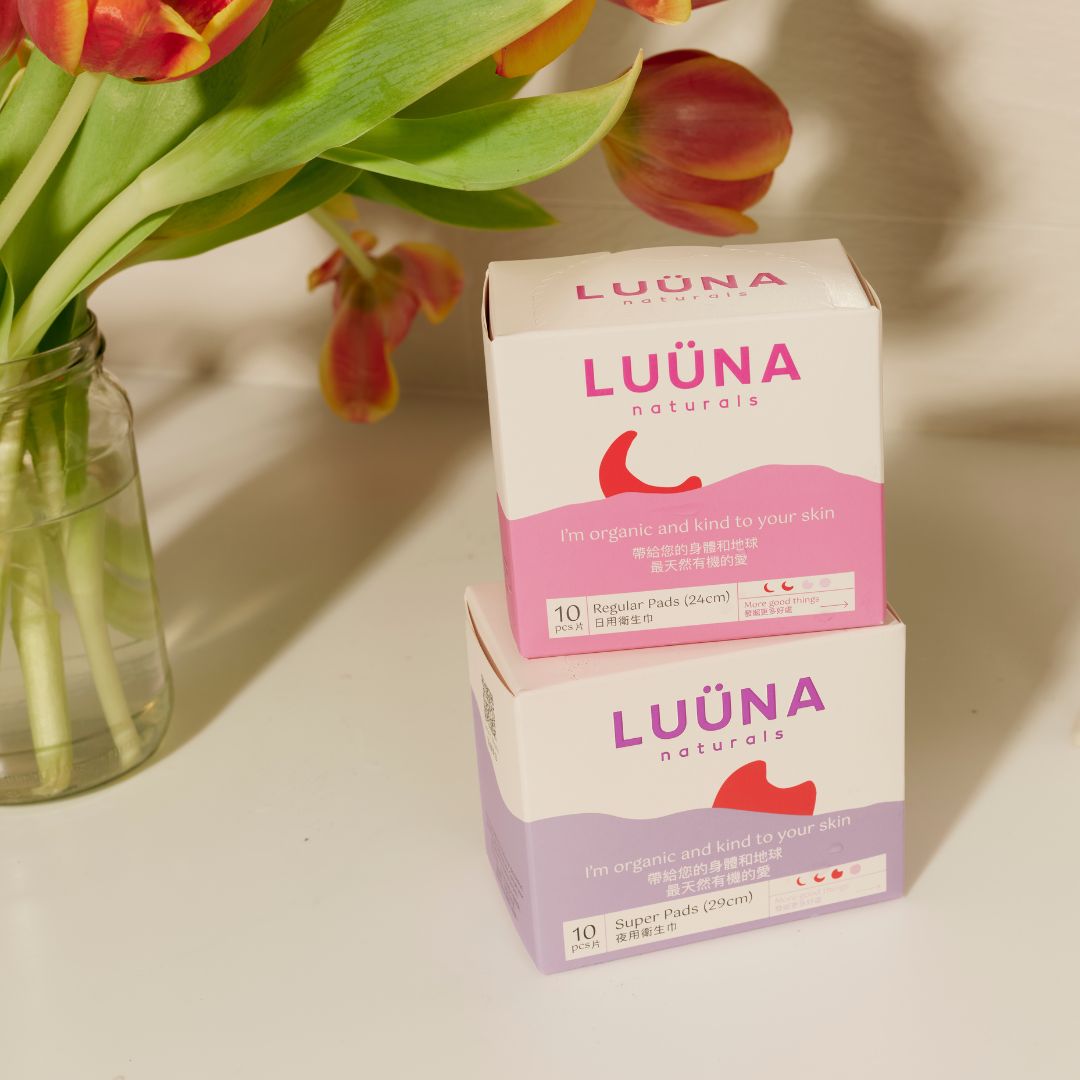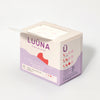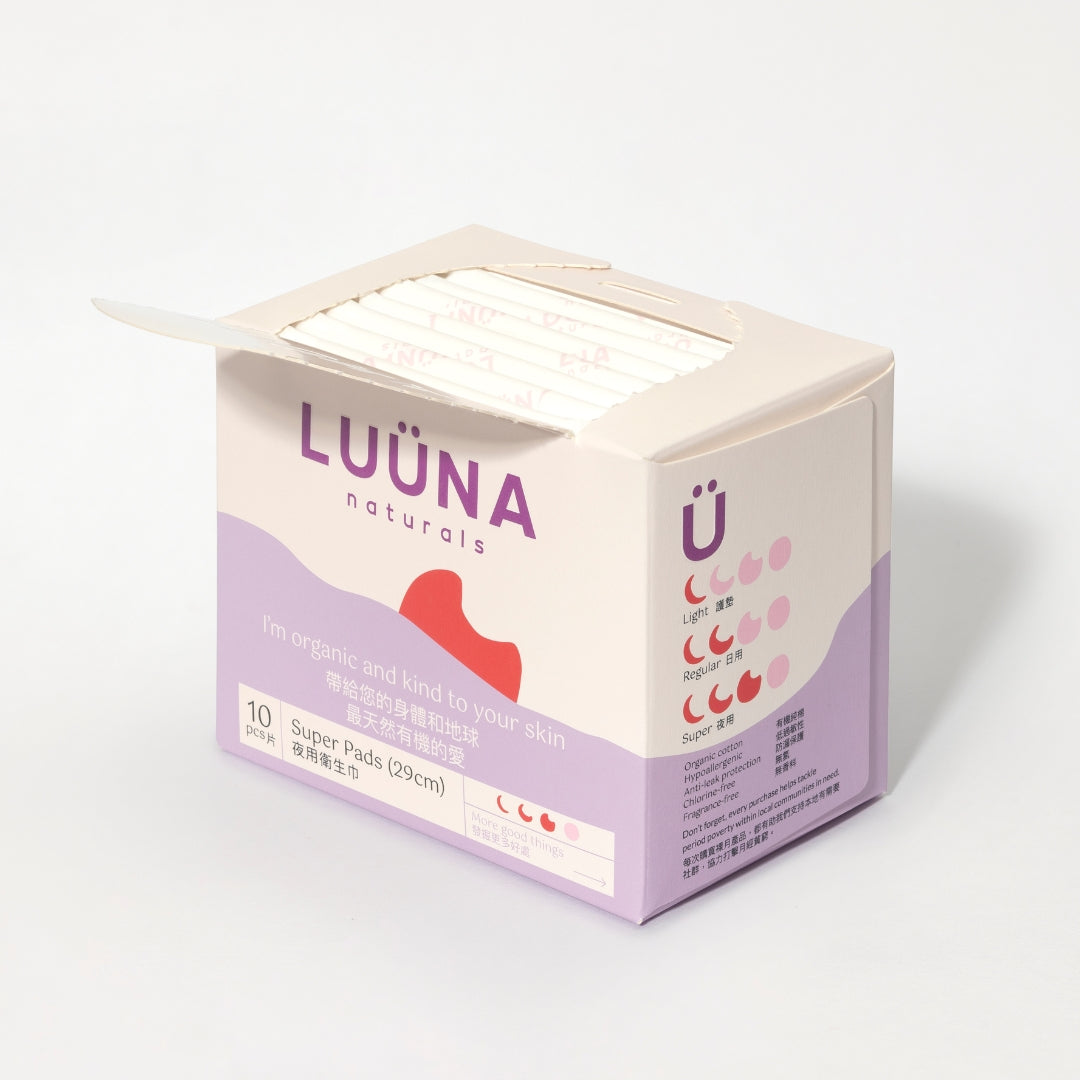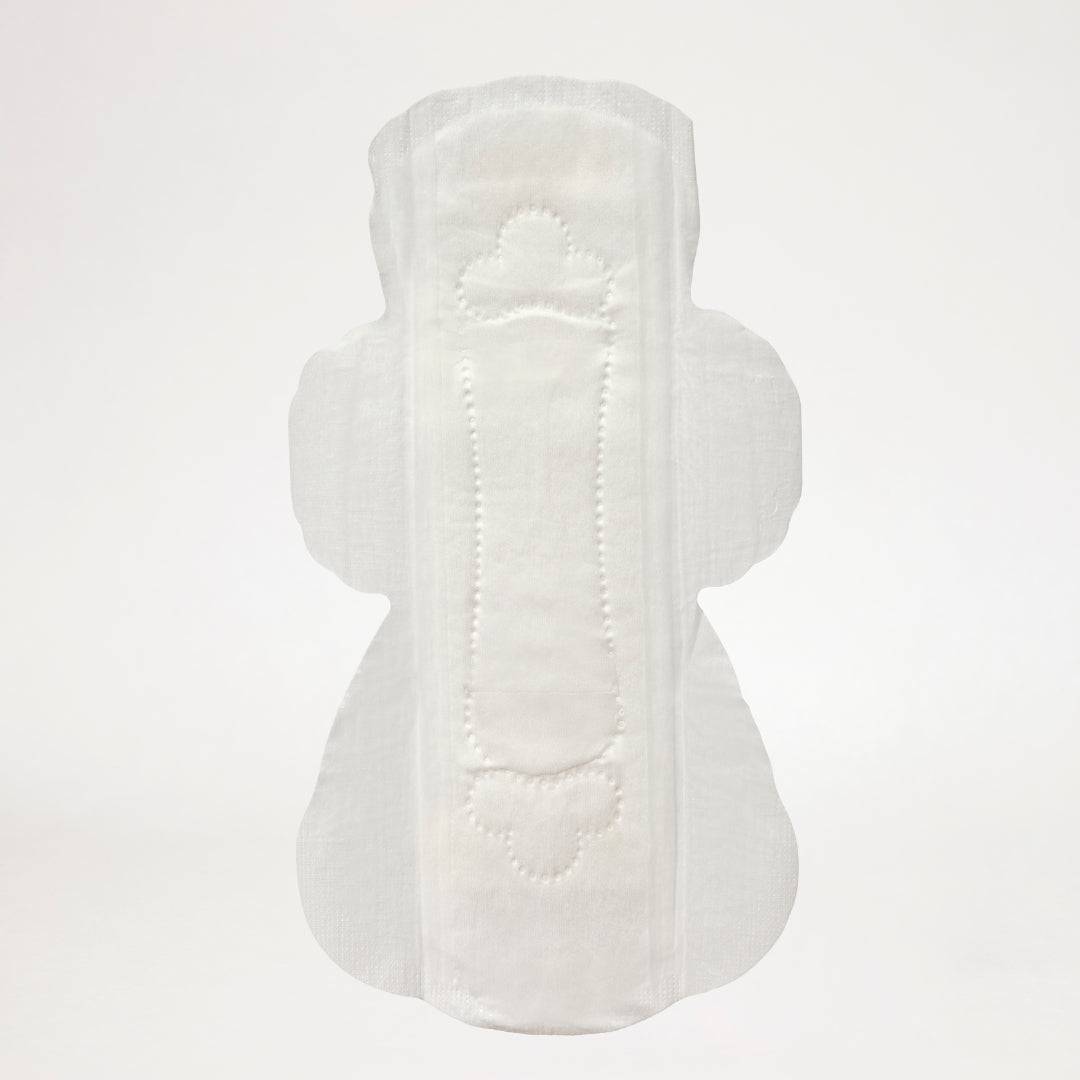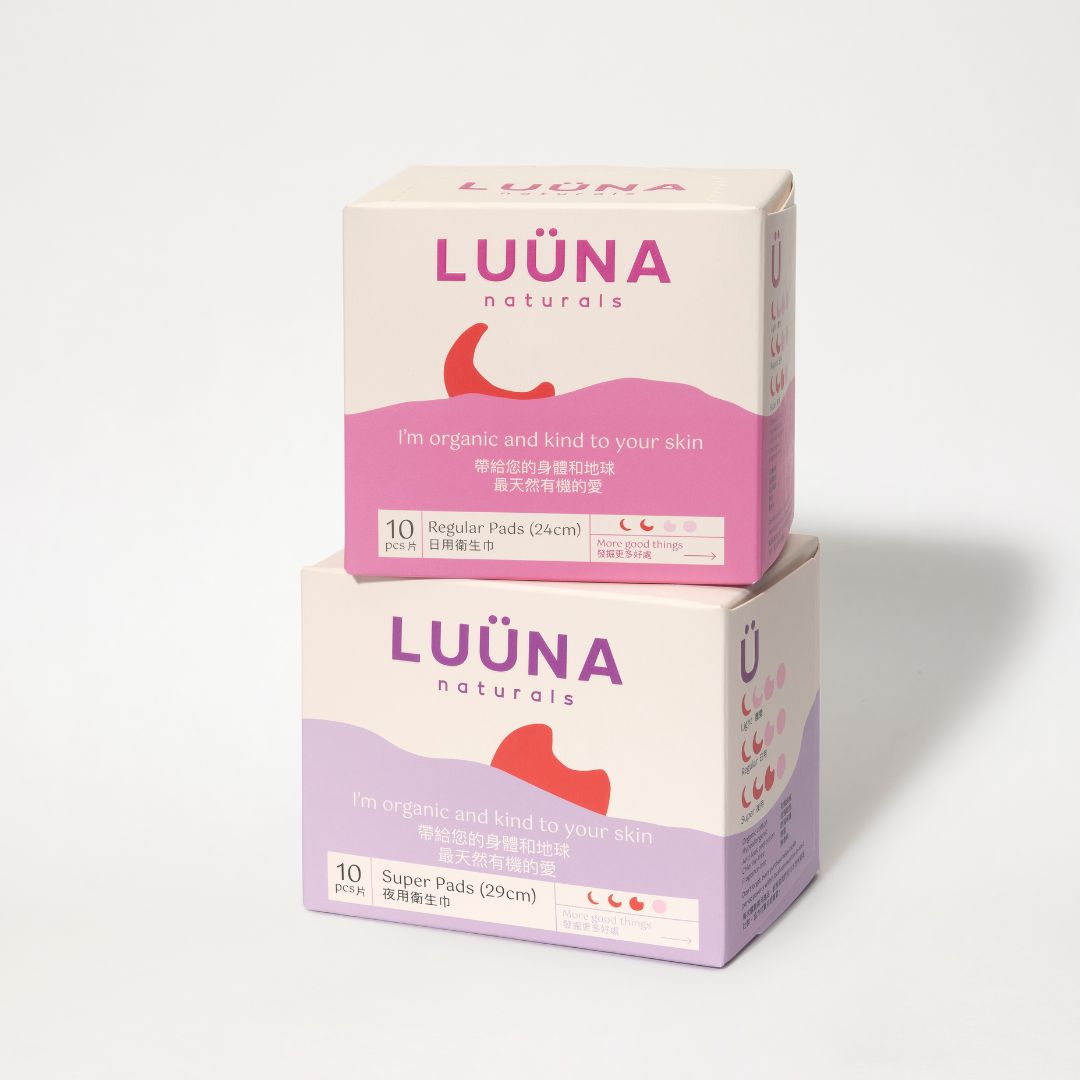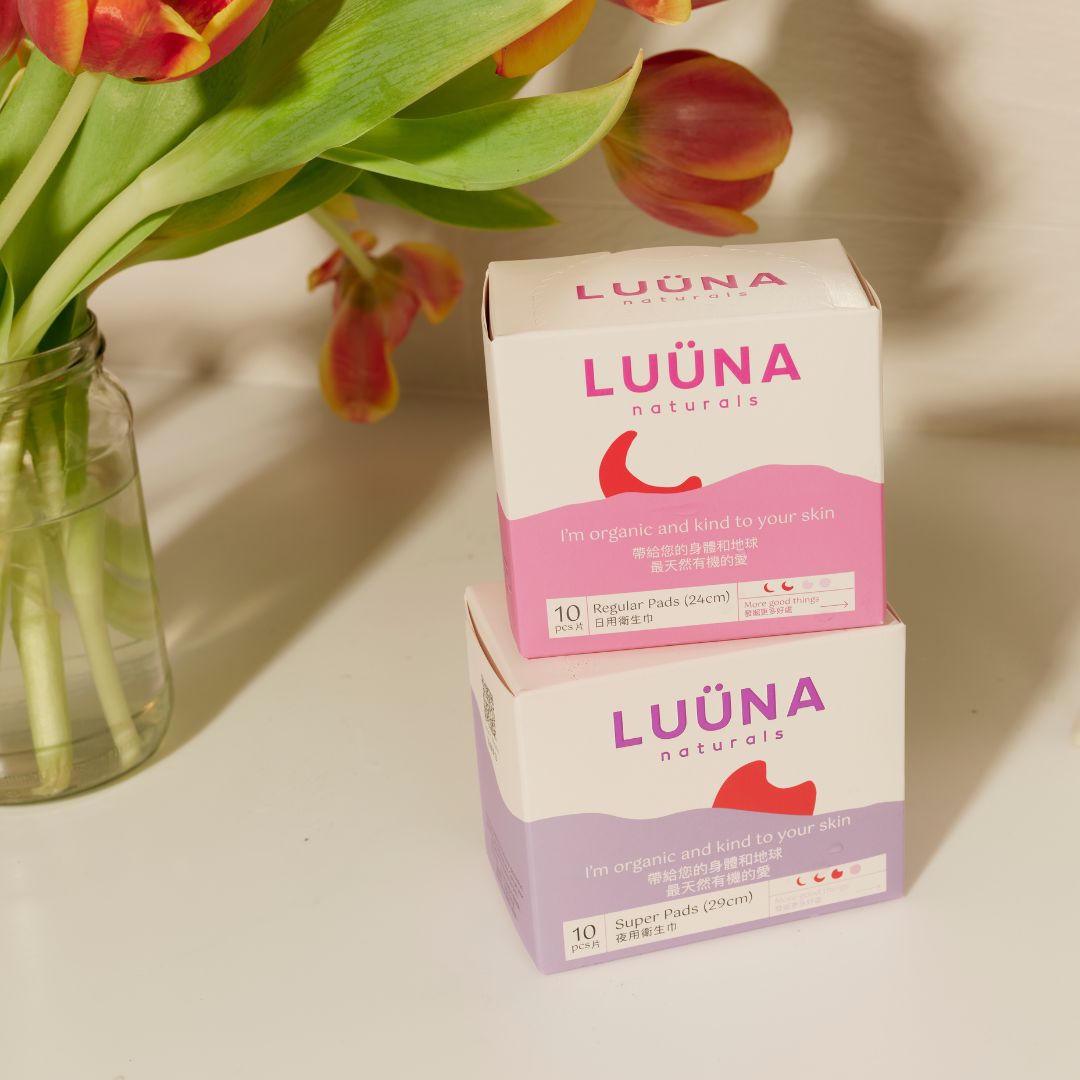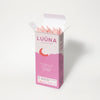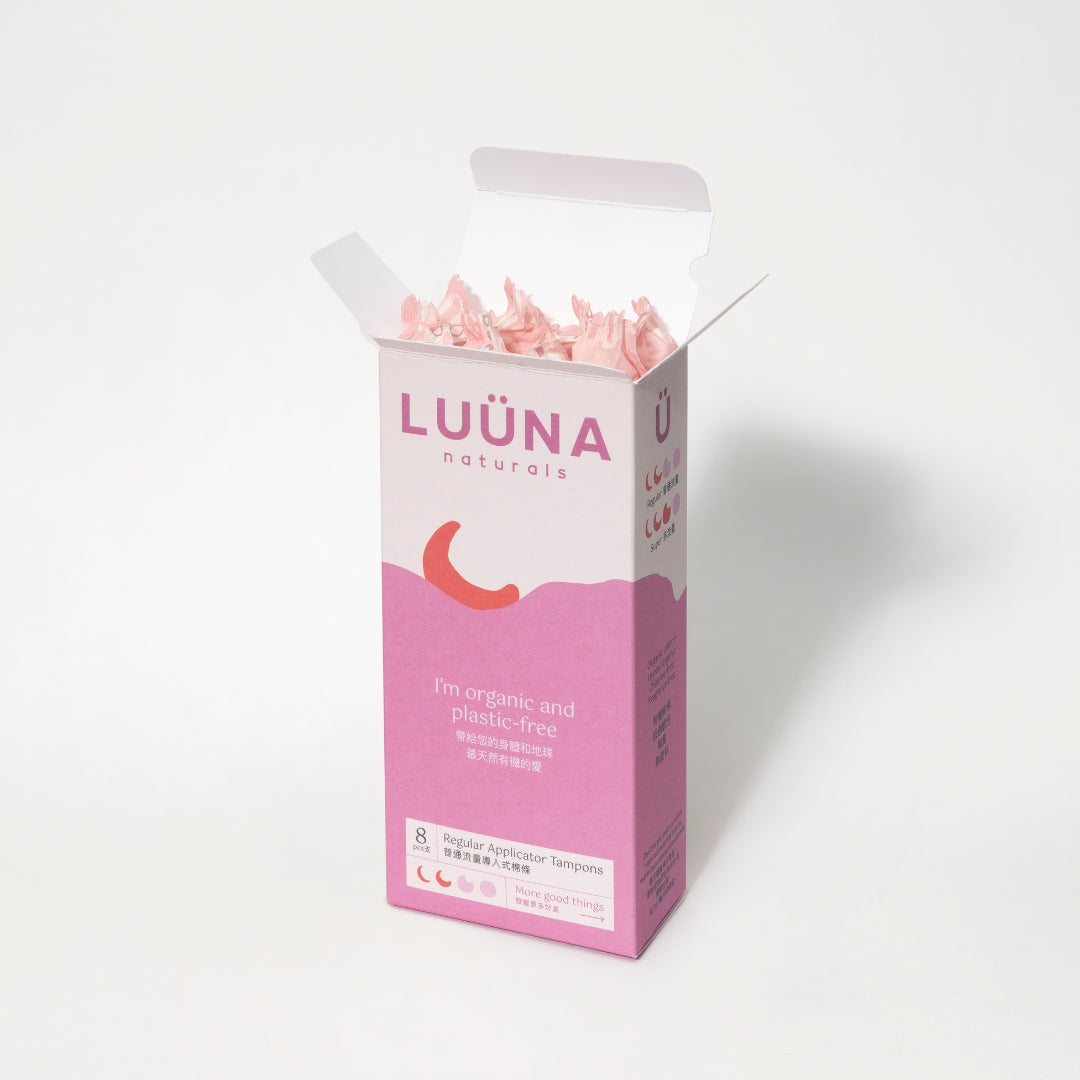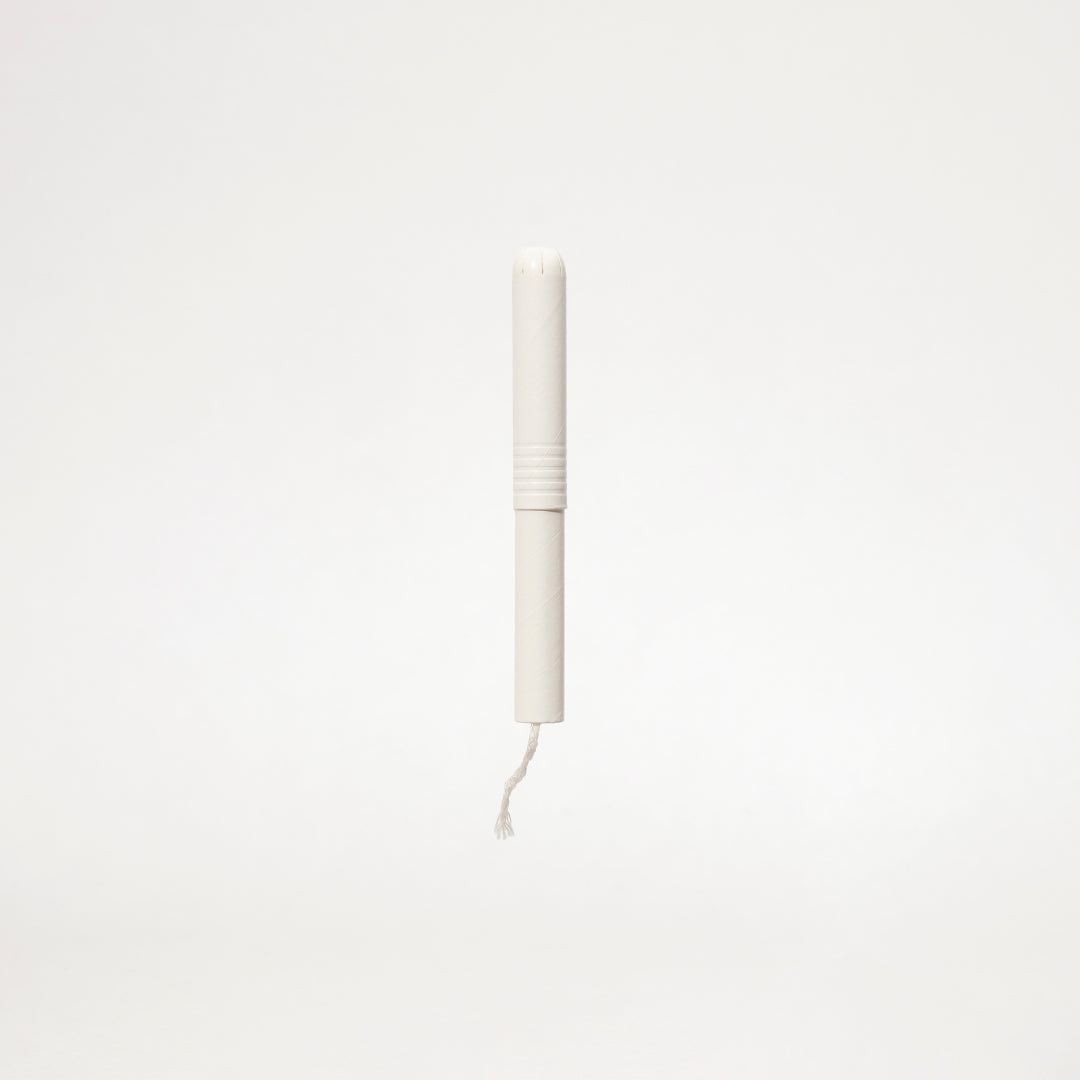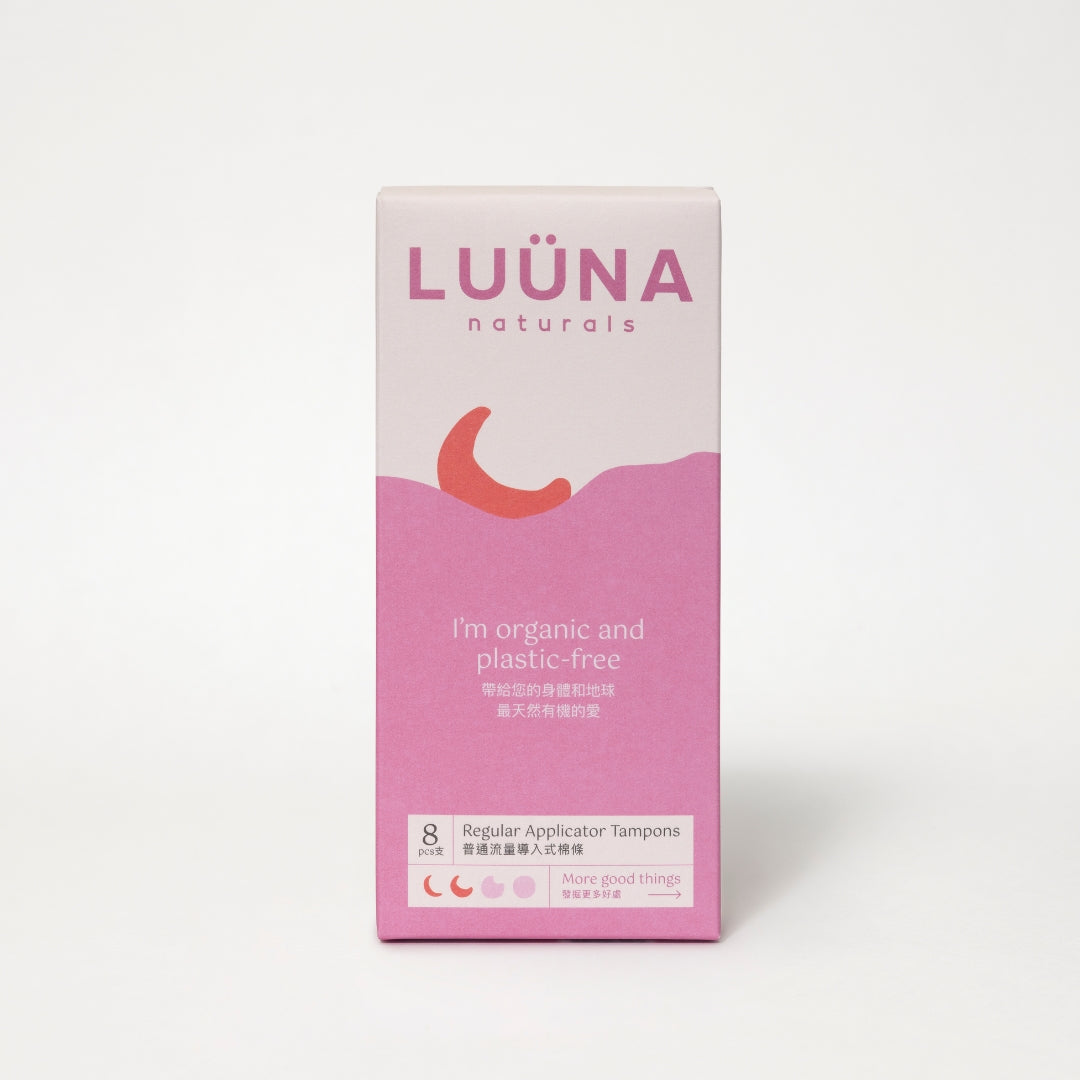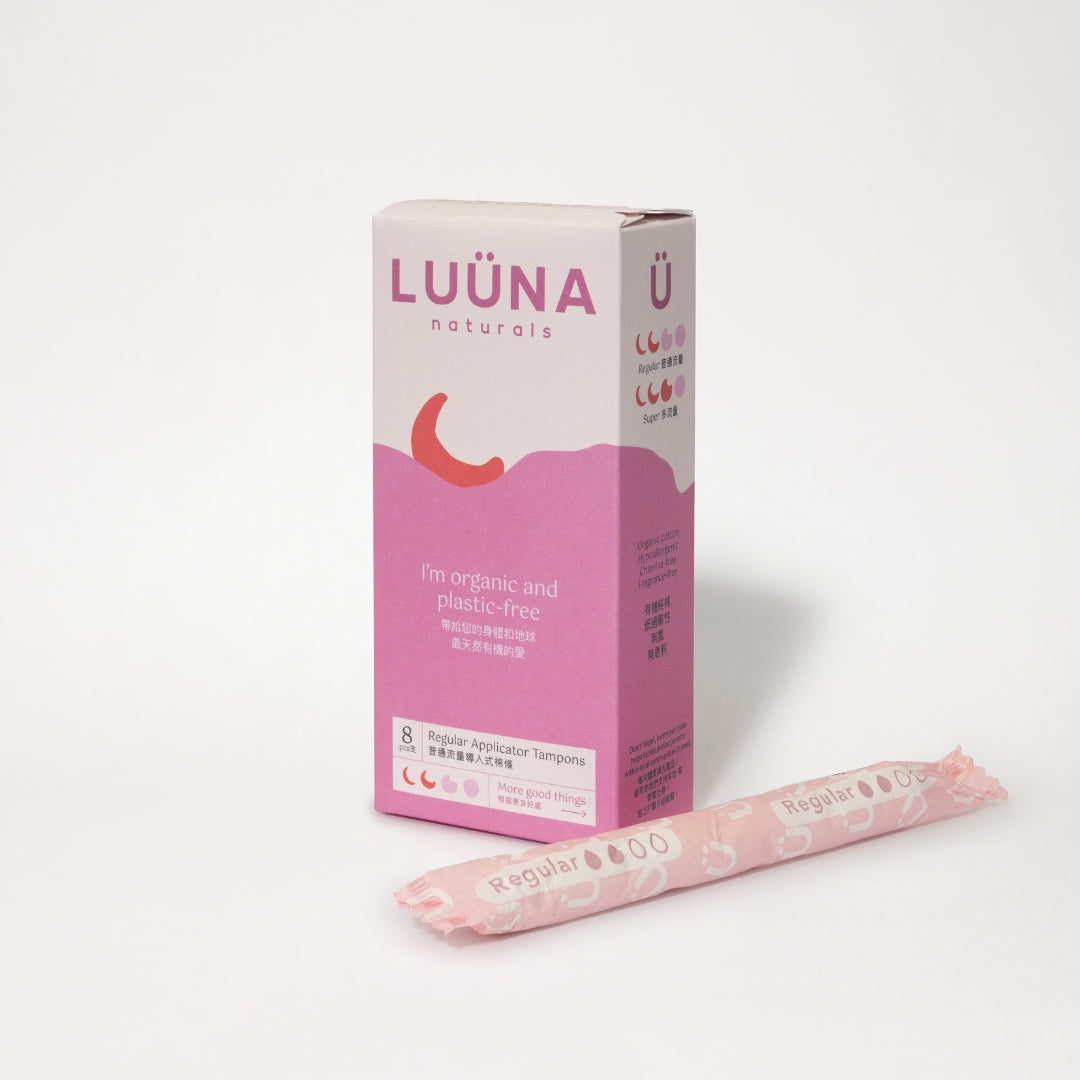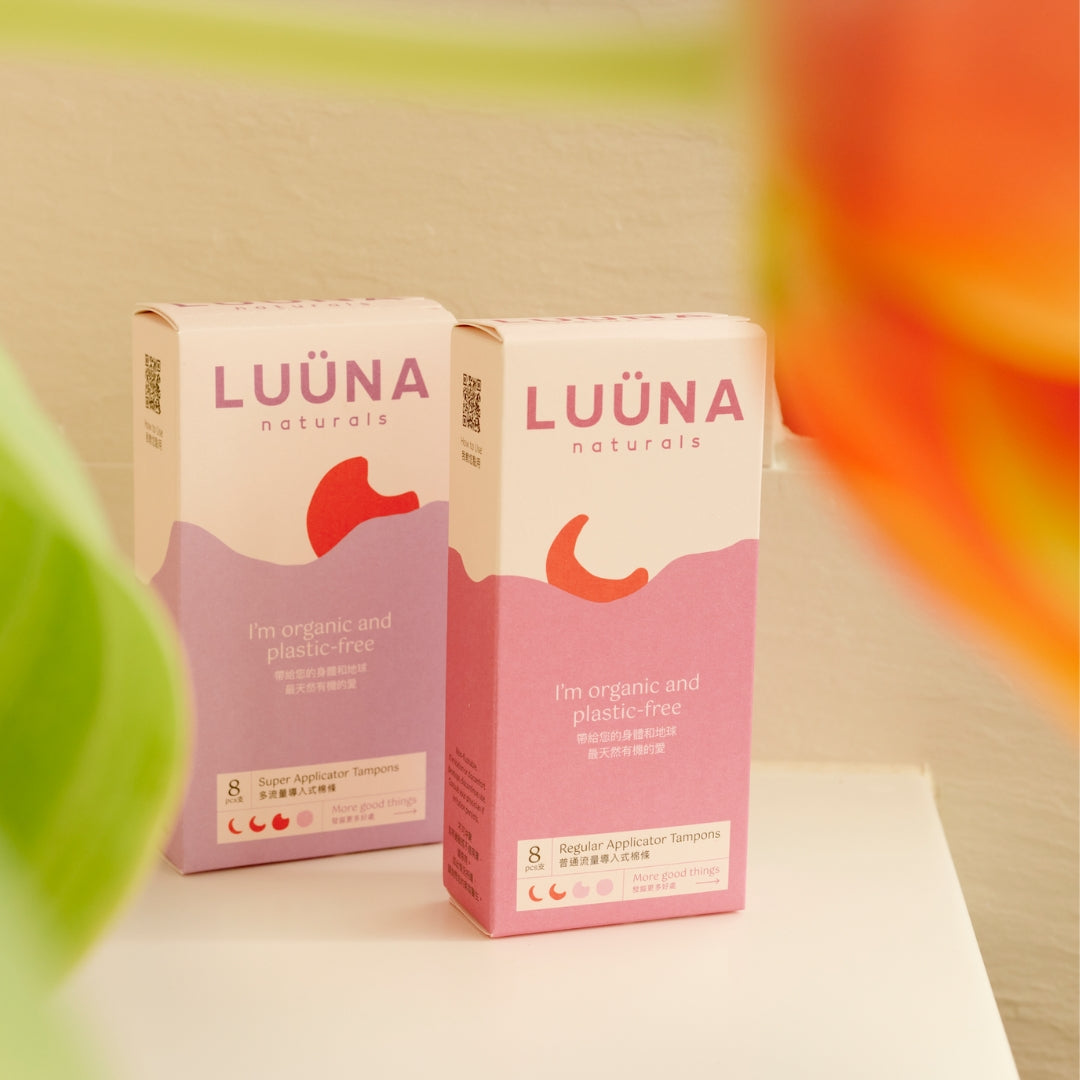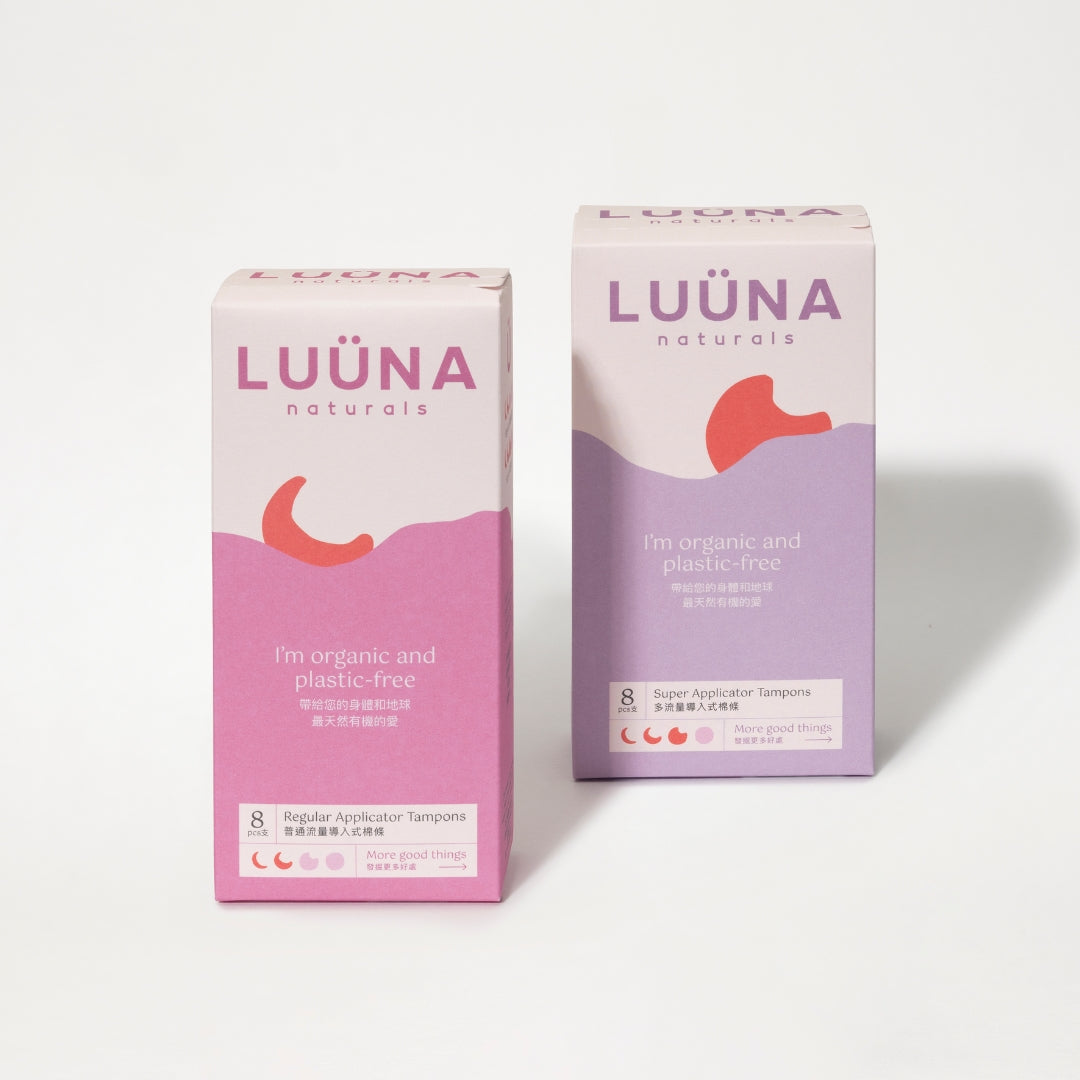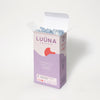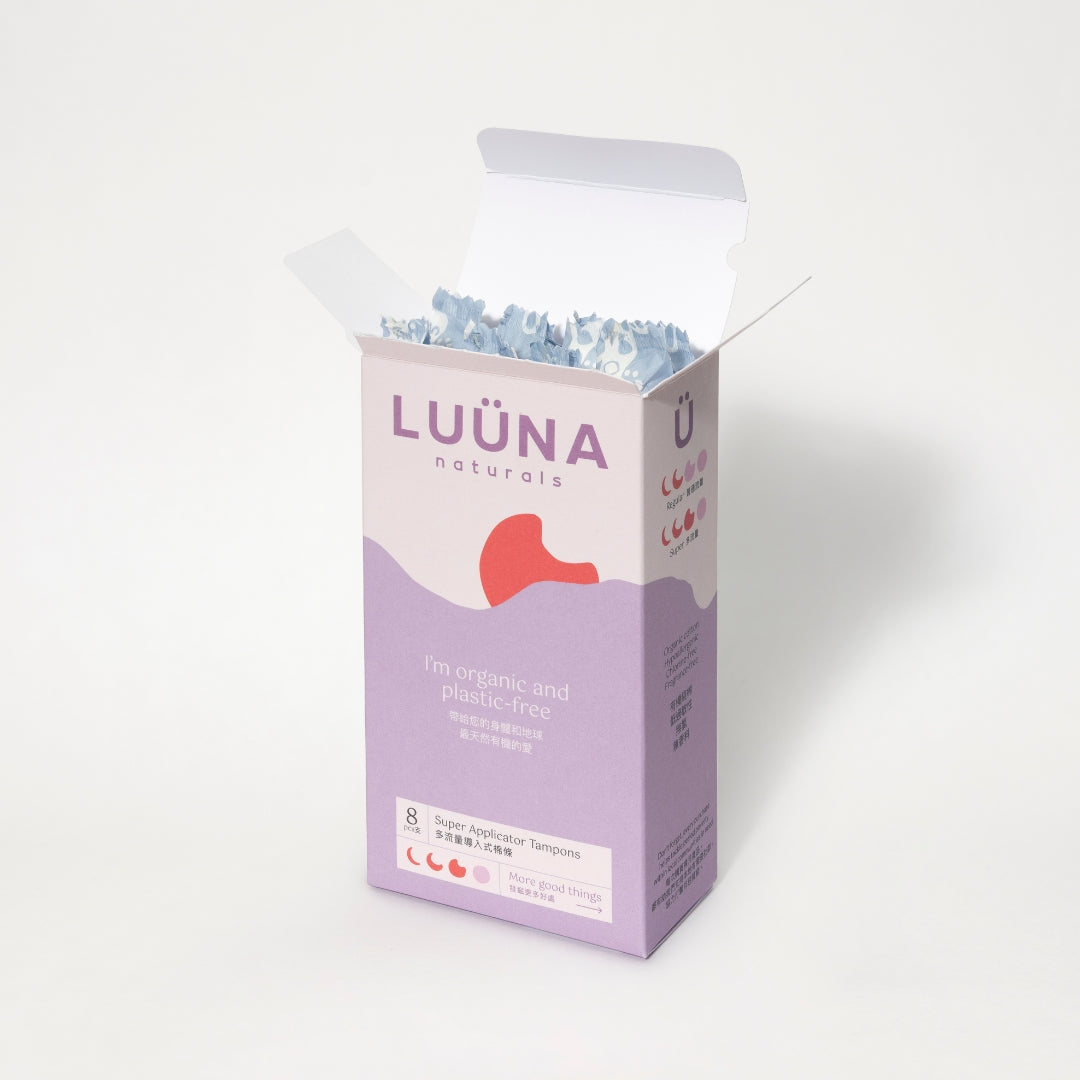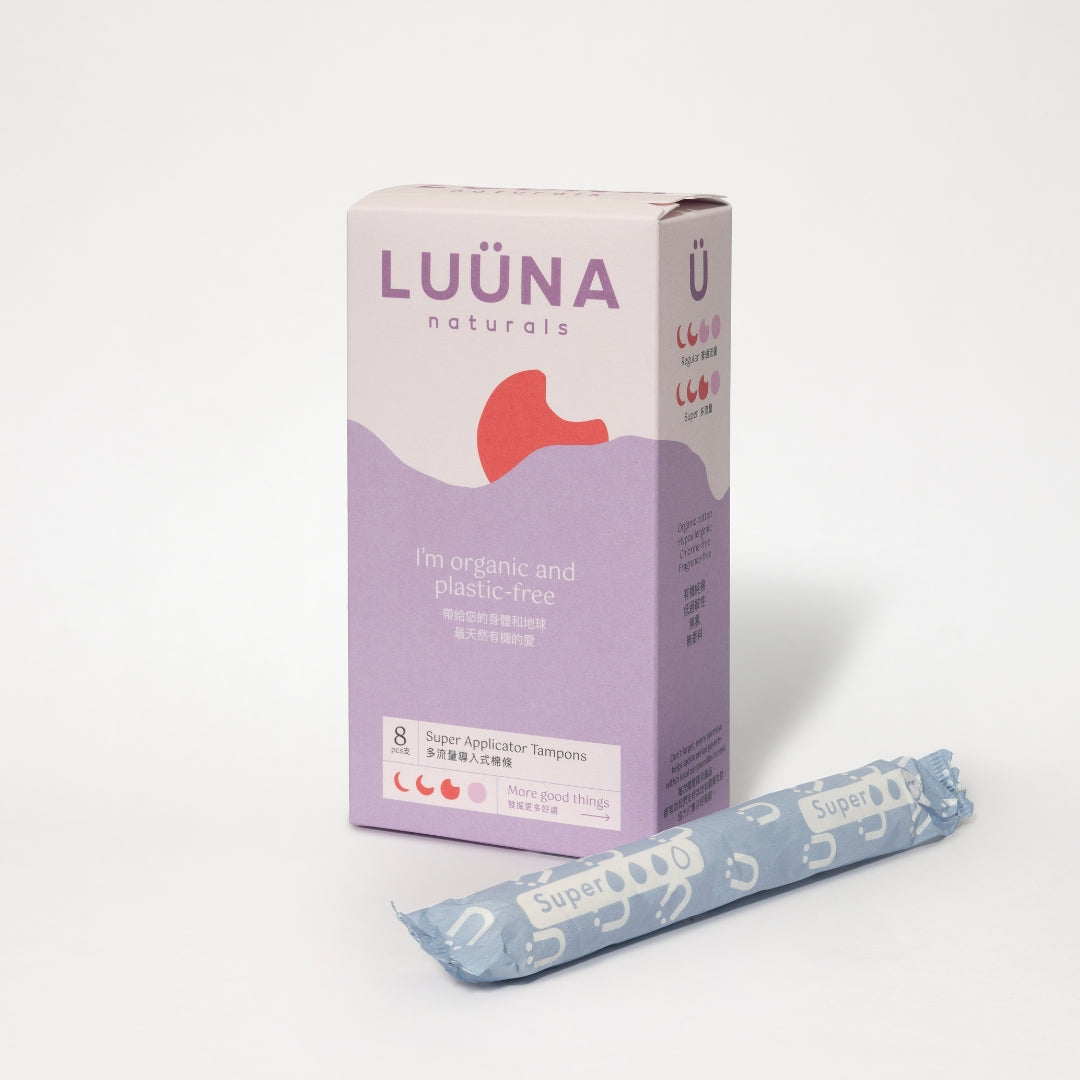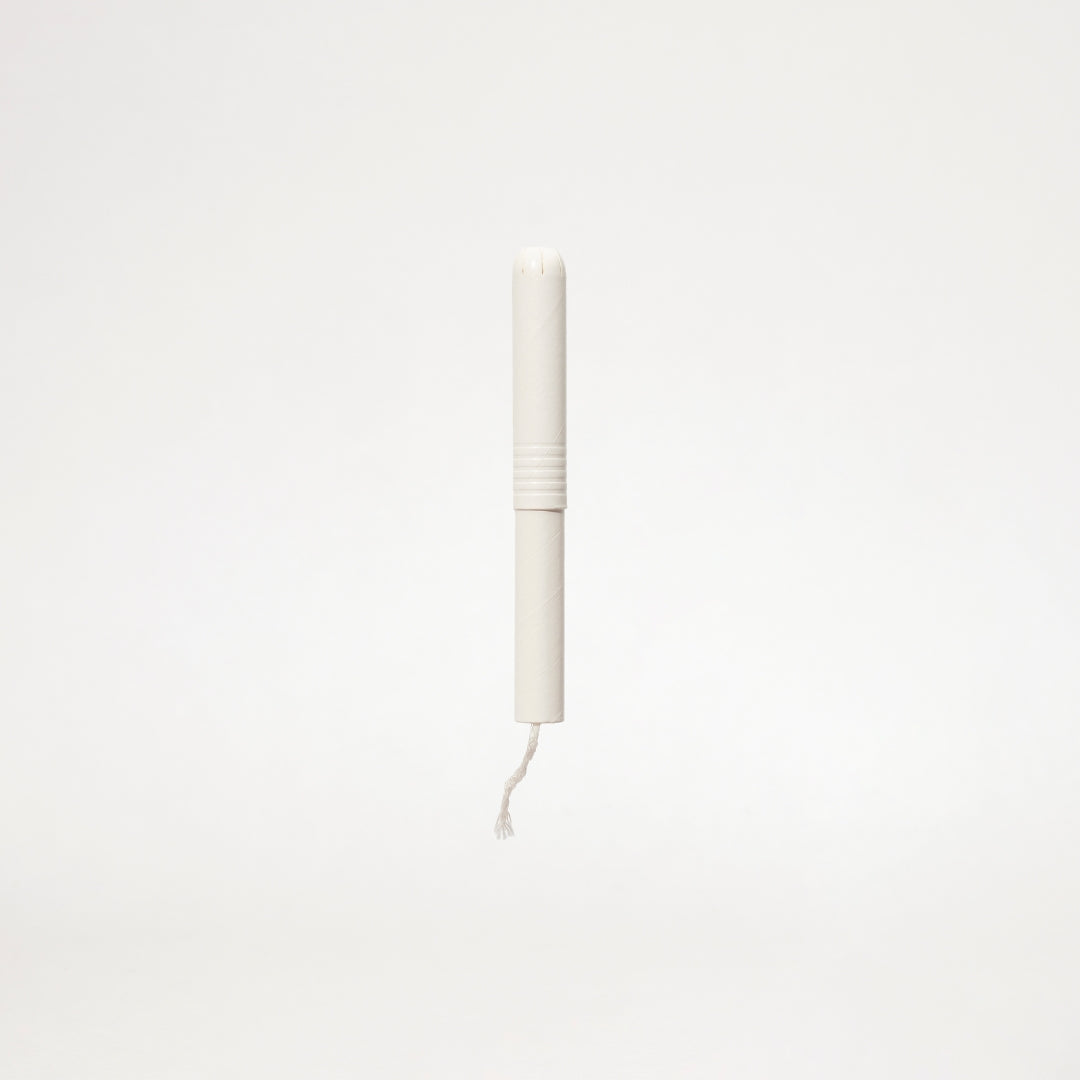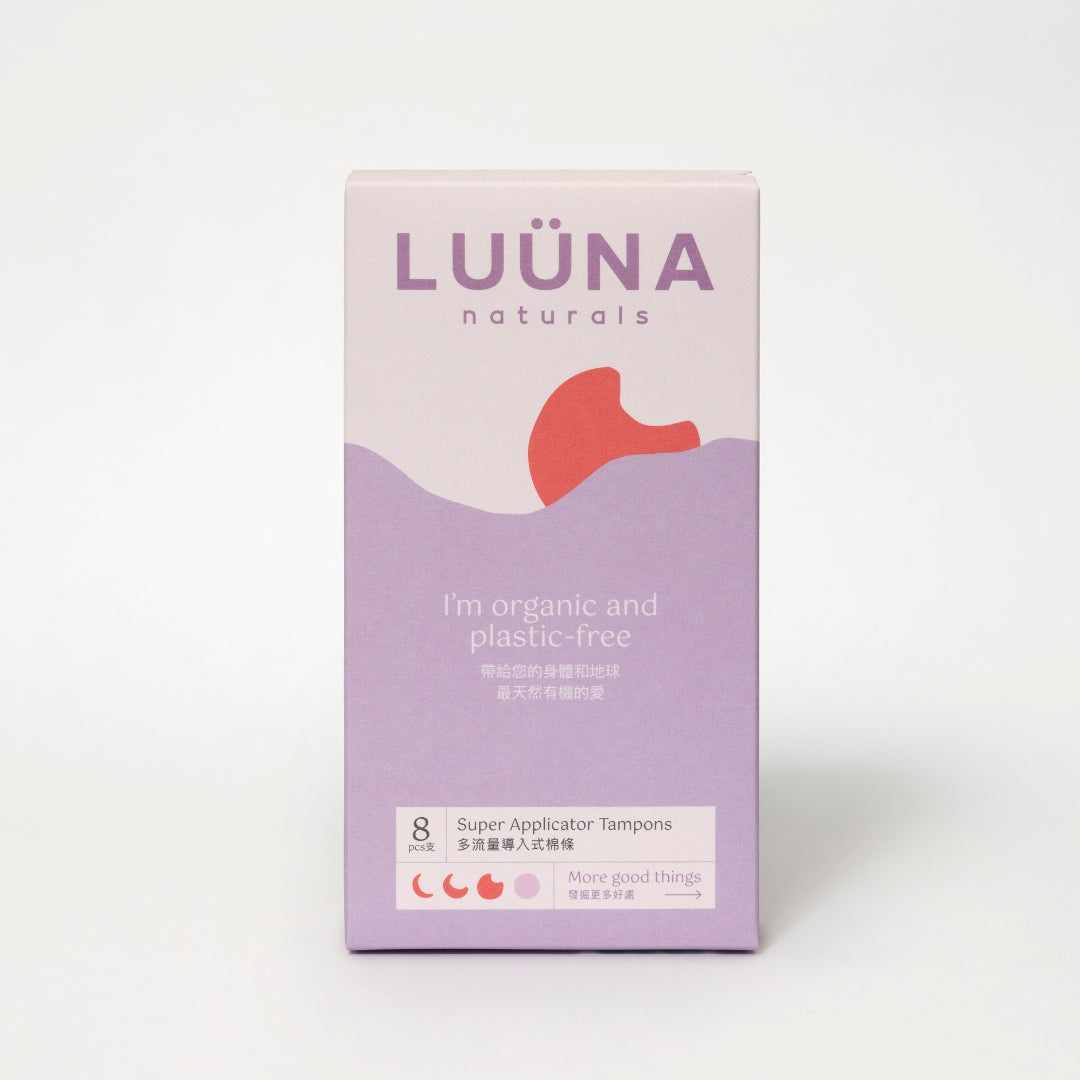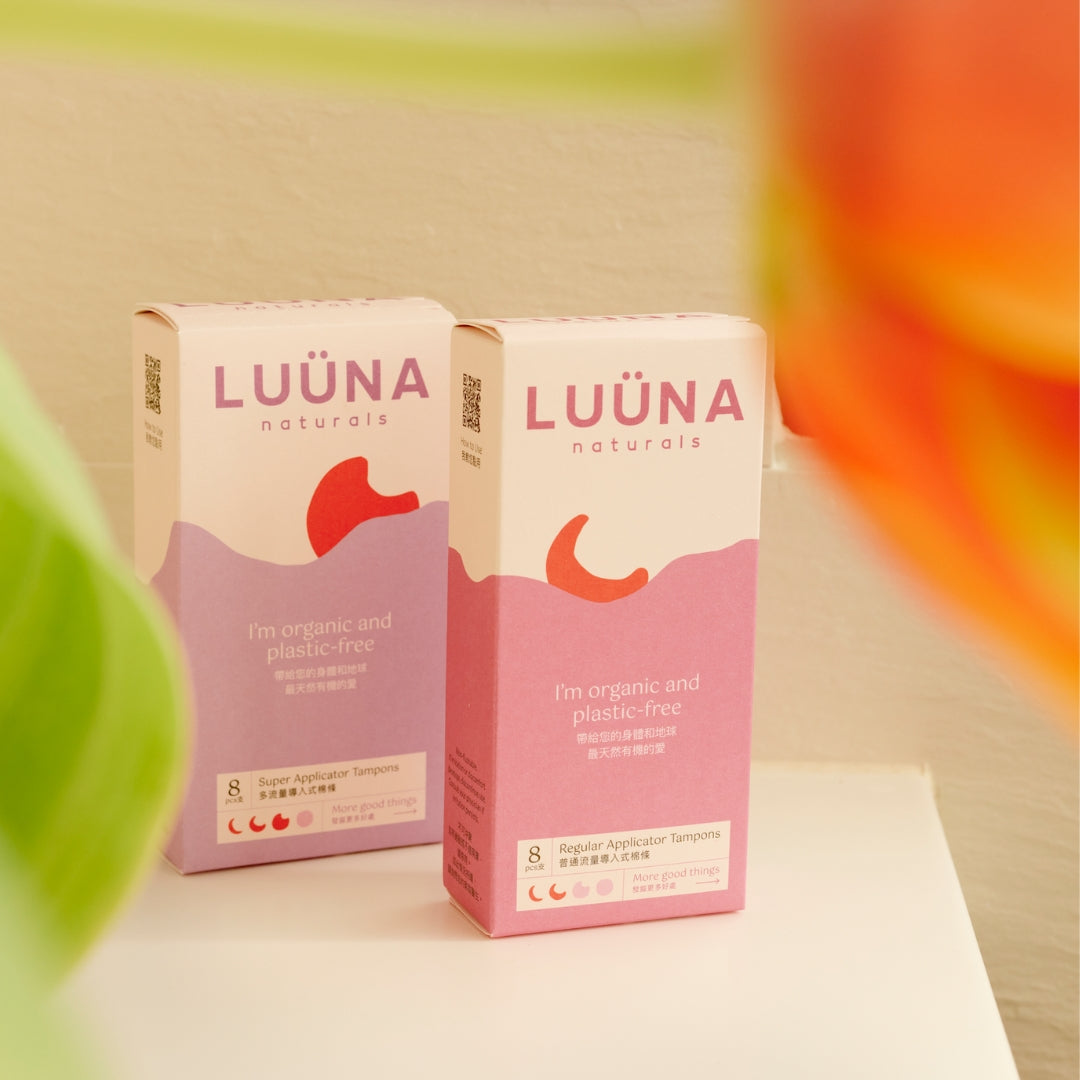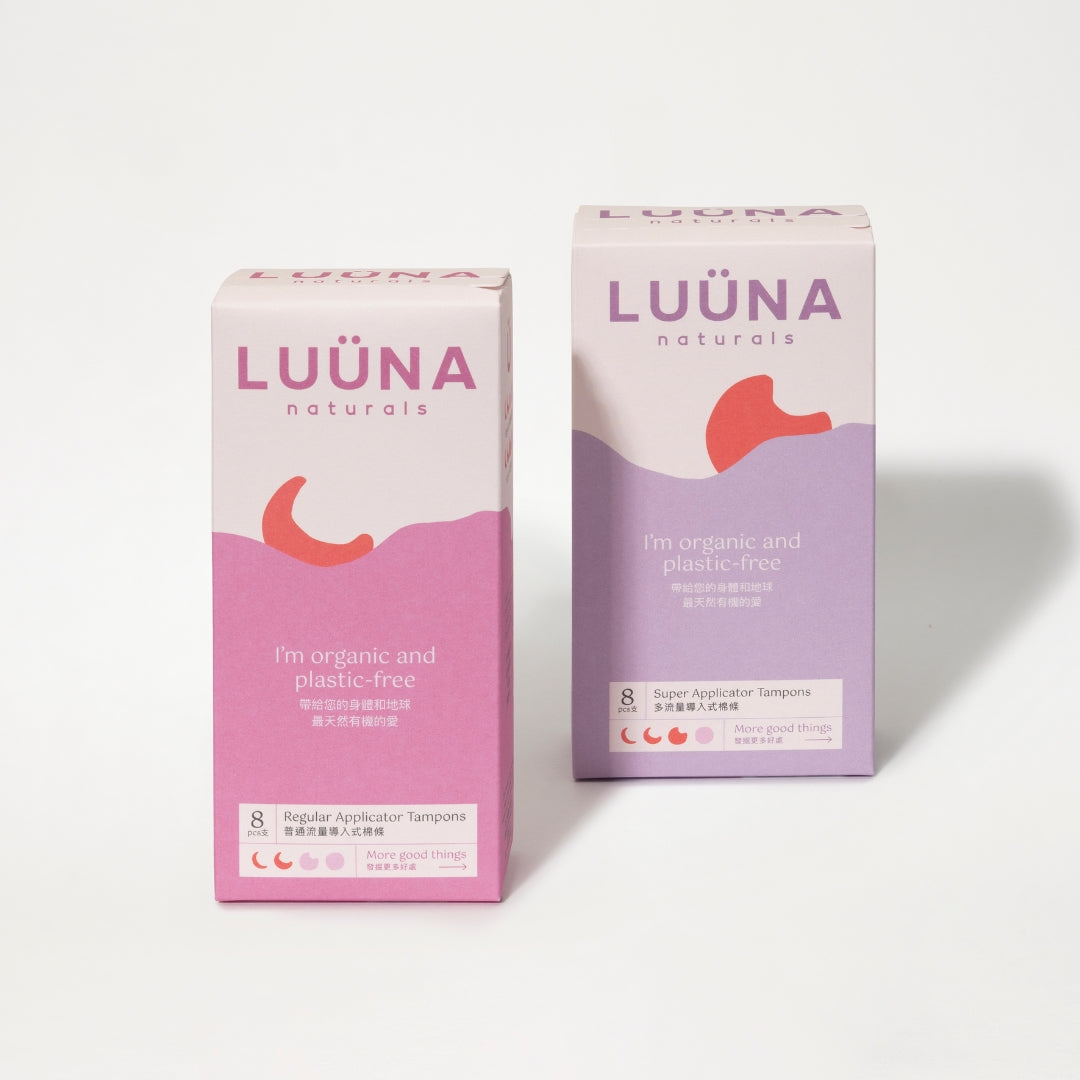"The first step in shattering period taboos is to talk openly about it" - Harmony Ilunga, Hong Kong based Model & Social Entrepreuneur

Meet Harmony, originally from Congo and now based in Hong Kong. Harmony established ‘Harmony Hong Kong’ in 2018, a refugee-curated social enterprise to celebrate diversity and inclusion through fashion. She created this platform as a space for ethnic minorities and refugees to showcase their talents and unleash their potential. Through this platform, Harmony and her team built a modelling agency, held fashion shows, and even created an online store. They also hope to make positive contributions to Hong Kong society through their initiatives.
HER LIFE
When Harmony first moved to Hong Kong, she immediately knew that she was different. She could not speak English and communicate with the people here and was labelled as a refugee.
As a refugee, it was difficult to get a Hong Kong ID card, which meant that she could not access public resources. She could not join public gyms, borrow books at public libraries, and was not allowed to participate in competitions at school etc. There was little she could do about it. She simply had no choice but to accept it. But as she adapted to these circumstances, she also evolved to become a stronger person, and eventually, these experiences motivated her to build ‘Harmony Hong Kong’.
HER WORK
‘No one can define my beauty,” - Harmony Llunga

This is who I am and I am embracing my refugee status. For my modelling work, I had always hidden this refugee identity. I didn’t want to be judged for my identity. Refugees were often perceived negatively and I did not want to associate myself with that. But as I am running my social enterprise now, I know I have to tell the truth - this is who I am and I am embracing my refugee status.
While there are makeup artists who are enthusiastic in doing my makeup because of my features, there are those who refuse to do so. “I don’t want to touch her,” they say. It is disrespectful and intolerable to treat people as if they are objects. I deserve to be seen and respected regardless of my skin colour.
HER LIFE IN HONG KONG

“Not at all”, Harmony says firmly when asked if Hong Kong is an inclusive city.
I can say Hong Kong has a pool of diverse cultures, but it lacks inclusiveness. Ethnic minorities raised here are not celebrated and appreciated.
I believe the root cause of people’s attitude towards ethnic minorities is in the school system. Schools differentiate between students according to their ethnicity and race. They distance us from locals by separating students in classes and this is where people started being labelled as ‘migrants’, ‘expats’ and ‘minorities’. This is very concerning because there are many people here in Hong Kong with different backgrounds.
To share a story - Once I was in a park in Tin Shui Wai, a boy and his mother said hi and shook hands with me. That made my day. It is so unusual for people to approach me and for them to see me as an equal human, but not defining me by my skin colour.
WOMEN IN HER LIFE

In Congo traditions, women are raised very differently from men. Compared to my brother, I am expected to stay at home a lot as a woman.
However, the women in my family - my mom and her mom - have resisted traditional expectations. My mom is bold and tough and she probably got it from her grandmother. My mom does not cook and she is fond of making money. My grandmother started her business Artwoman to support women in the Congo community. She is living proof that women can work and take ownership of their lives.
You have to create opportunities out of every circumstance. We can compare ourselves to people in Hong Kong and feel inferior, but the truth is that we have so many advantages over them.
HER PERIOD
In Congo, talking about periods is a taboo as if it is something we have to be shameful about. I felt awkward to talk to my mum about my period back in the days even though I was curious. But we need to start talking about periods. Talking about periods is the first step to shatter taboos. I am glad that I am now discussing periods with people who carry a sense of pride. I love my period as it reminds me that I am a powerful woman and it is a part of me. I am embracing it and I want other women to feel this empowerment as well.

This visual story was captured by some of our favourite creatives:
Jo Cheung is a Hong Kong-based photographer.
Bryan Cheng, also Hong Kong-based, is a stylist.

